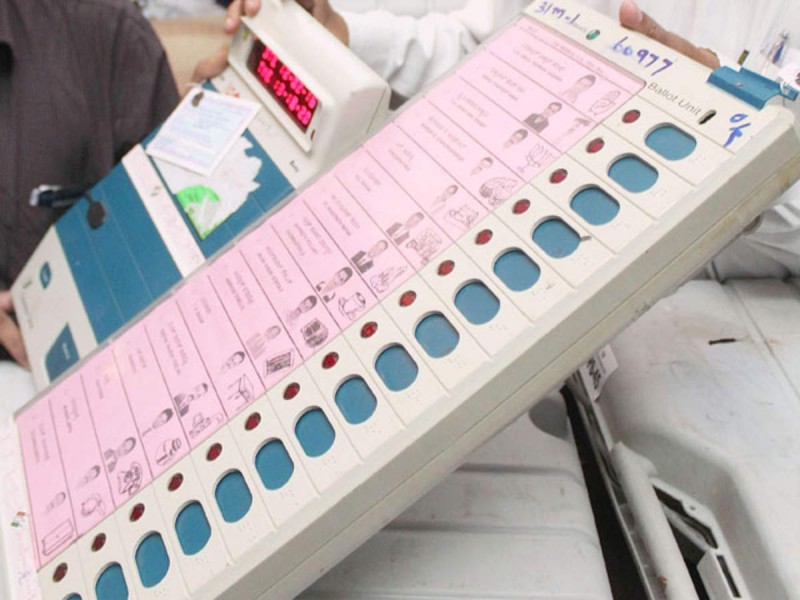
In recent times, concerns have been raised about the vulnerability of Electronic Voting Machines (EVMs) to hacking through the use of chips. This contentious issue has sparked debates and investigations, as citizens and experts alike question the security of the democratic process. Let's delve into the heart of the matter and explore the intricacies surrounding the alleged susceptibility of EVMs to chip manipulation.
Electronic Voting Machines, commonly known as EVMs, are devices used in elections to facilitate the casting and counting of votes electronically. They replaced traditional paper ballots in many countries due to their efficiency and quick tabulation of results.
Rumors and speculations have emerged, suggesting that a malevolent chip could compromise the integrity of EVMs, potentially leading to election manipulation. But how plausible is this scenario?
Prominent cybersecurity experts and technologists weigh in on the controversy, providing insights into the technical aspects of EVMs and the likelihood of chip-based hacking.
EVMs are designed with multiple layers of security features to thwart any attempts at manipulation. From encryption to physical seals, explore the various safeguards in place to ensure the sanctity of the voting process.
The companies responsible for producing EVMs assert the robustness of their machines. What measures do they claim to have implemented to make hacking through chips an implausible feat?
Instances of alleged EVM manipulation through chip interference have been reported globally. Investigate past controversies, legal battles, and the outcomes that shaped the discourse on EVM security.
How have countries responded to concerns about EVM security? Discover the lessons learned and the measures implemented to fortify electronic voting systems.
As technology advances, so do the methods employed by hackers. Explore the evolving landscape of cybersecurity in elections and the constant efforts to stay one step ahead.
Some argue that ethical hacking is essential to identify and address potential vulnerabilities. How can ethical hackers contribute to securing EVMs against chip-based threats?
Maintaining public trust is crucial for the success of any electoral system. Analyze the role of communication and transparency in addressing concerns and rebuilding confidence in EVMs.
Advocates for election integrity emphasize the importance of regular audits. How can audits reassure the public and stakeholders that EVMs remain tamper-resistant?
Explore emerging technologies, including blockchain, that could potentially enhance the security of electronic voting systems. What innovations are on the horizon, and how might they impact the future of elections?
In the quest for secure elections, finding the delicate balance between embracing technological advancements and ensuring foolproof security is paramount. As the debate on EVM vulnerability continues, the onus is on society to stay vigilant and actively participate in shaping the future of democratic processes.
People of this zodiac sign will remain tired and exhausted today, know what your horoscope says